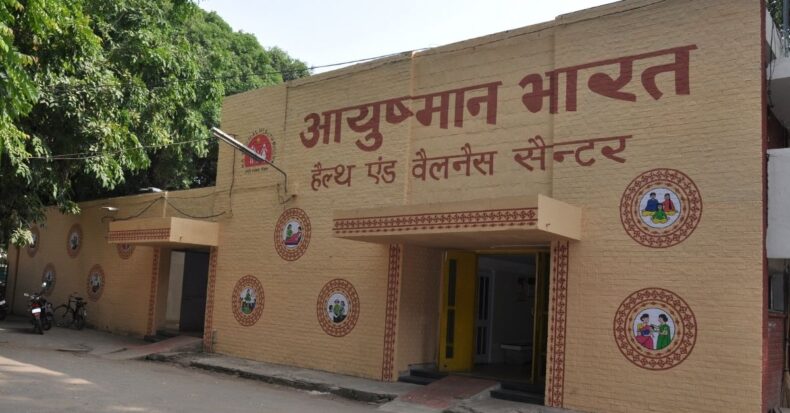We have all seen the marvel that Artificial intelligence riles up on the silver screen, isn’t it? Films create a study of fictional space for inventing robots and cyborg that grab our attention.
Be it- J.A.R.V.I.S. (Just A Rather Very Intelligent System), F.R.I.D.A.Y. (Female Replacement Intelligent Digital Assistant Youth).
Ultron or Vision of the Marvel cinematic universe – all of them express man’s thirst to create progressive creatures in godly figures and power.
Today we have progressed to the extent that one can comfortably count incredible feats of achievement by Human-machine collaboration in the real world.
This sense of ‘more than flesh Power’ is particularly articulate in the field of healthcare, where there are immediate and surreal experiences of lives lost and saved with the help of AI.
Amongst the most recent such initiatives in the field of Healthcare in India is the recent study titled- “A feasibility study to assess the usability, usefulness, and adherence to Standard Treatment Guidelines in Indian healthcare settings with the use of Elsevier’s “Arezzo®” – a Declarative Artificial Intelligence based Clinical Decision Support System and pathway technology”.
Though its impact may not be as thrilling as exhibited in Cinemas, the purpose is similar – Save Lives.
About the Study and Stakeholders Involved
This Healthcare Artificial Intelligence Catalyst (H.A.I.C.) Pilot study, July 2021, was sponsored by N.I.T.I. Aayog (G.O.I.) and UK-DIT.
The study involved an Investigator team from Lady Hardings Medical College, A.I.I.M.S. New Delhi, A.S.H.A. and A.N.M. workers and Elsevier team.
The study sought to assess the feasibility of Arezzo, which is an Artificial Intelligence based Clinical Decision Support System developed by Elsevier.
As a signatory of U.N. Development Goals, India strives to achieve ‘Under-five mortality rate to 23 deaths per 1000 lives births by 2025.
The study mentions that only 73% of under-five children suspected to be suffering from Pneumonia were given health facilities, and only 20% of children with diarrhoea received O.R.S. Wasting, stunning anaemia and maternal mortality due to haemorrhage, sepsis, hypertension, prolonged labour, unsafe abortion are other causes of concern.
The study tested whether usage of A.I. based Arezzo can deliver better results when coupled with other schemes already implemented on the ground.
Focus of the study was –
- To test the validity and accuracy of Arezzo content after its customization based on Indian S.T.G.s demarcated for various levels of care in maternal and child health.
- To study the feasibility of ―Arezzo®‖ in primary and secondary healthcare settings.
- To evaluate the following with the addition of Arezzo® in public healthcare settings: Usability, Usefulness and Adherence to S.T.G.s
About the AI based Programme- Arezzo . How Does it Work?
Arezzo® is active clinical decision support (C.D.S.) and pathway technology that empowers personalised care delivery at the patient and population level.
The technology supports the feeding and execution of clinical guidelines that are computer interpretable through Declarative Artificial Intelligence.
By integrating with clinical care systems, Arezzo® matches evidence-based guidelines with patient and disease information and dynamically evaluates best- practice treatment options specific to the patient at that stage in their care.
Results of the Study
The study affirmed that an “integrated C.D.S.S. is usable and valuable to health workers in primary and secondary healthcare settings and is preferred by over three-fourths of the users for continued adoption.
Consequently, Elsevier ensured integrating Arezzo to an Indigenous local android-based app, making a user-friendly clinical decision support system available.













